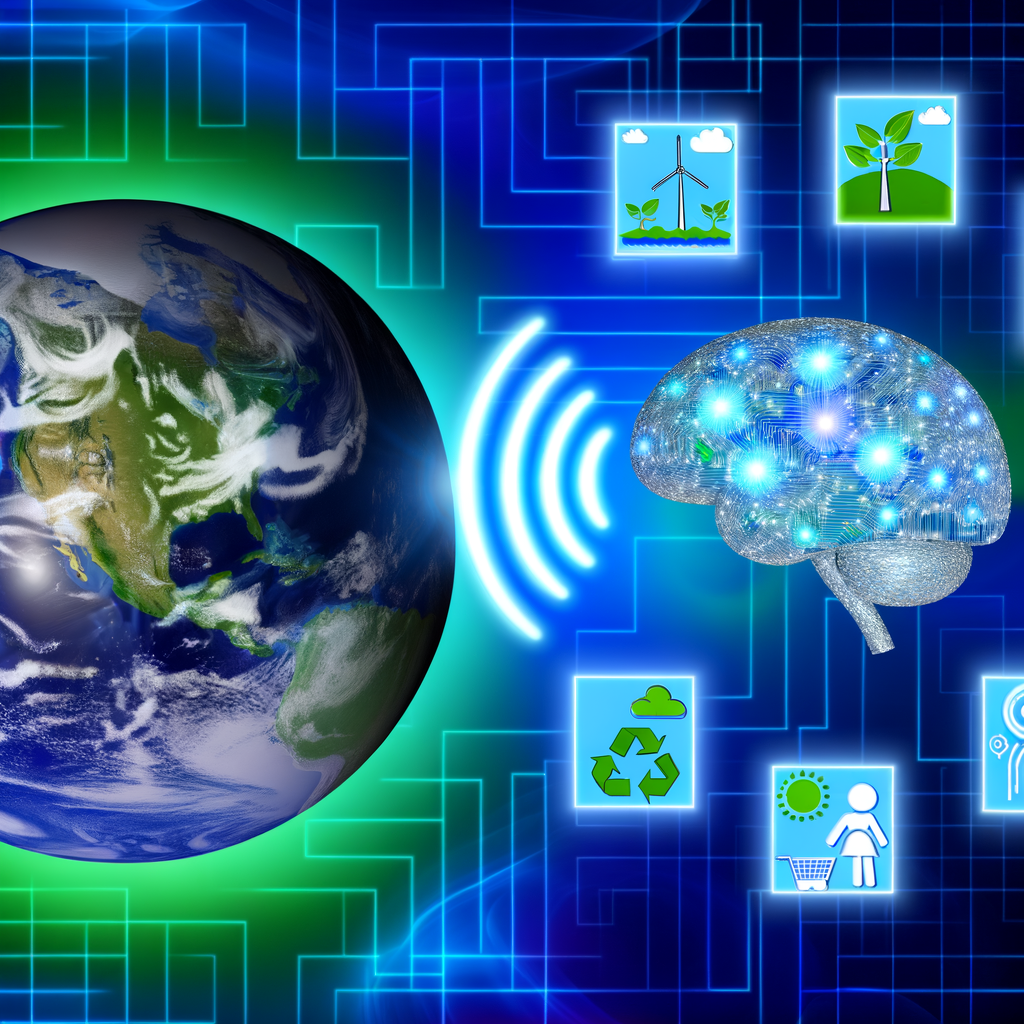“`html
OpenAI Launches ChatGPT Training for K-12 Educators
OpenAI has officially introduced a groundbreaking initiative designed to equip K-12 educators with the tools and understanding necessary to integrate AI into their teaching methodologies. This innovative program, which has already been deployed in “dozens” of schools, including the Agua Fria School District in Arizona, aims to bridge the technological gap in educational resources, further preparing students for a rapidly evolving digital world.
The Need for AI Literacy in Education
In an era where artificial intelligence is becoming increasingly ubiquitous, it’s essential for educators to understand and leverage these technologies effectively. With students growing up in a digital landscape heavily influenced by AI, teachers must be prepared to guide them through the complexities surrounding its use.
The introduction of AI tools like ChatGPT in the educational environment poses significant benefits but also brings forth challenges that educators need to navigate. Training programs such as OpenAI’s are designed not just to familiarize instructors with AI but to provide them with practical techniques to embed these tools within their educational practices.
What the ChatGPT Training Program Entails
The ChatGPT training program offers comprehensive modules that focus on various aspects of AI integration. Educators will engage in:
- Understanding AI Basics: Educators will delve into the fundamental principles of AI, learning how models like ChatGPT function and their potential applications within classrooms.
- Practical Applications: The training emphasizes real-world applications of ChatGPT, including curriculum development, personalized student assistance, and fostering creativity.
- Ethics and Responsibility: A vital part of the training addresses the ethical considerations surrounding AI use, helping educators guide students in responsible consumption and creation of content.
Implementation in Schools
As OpenAI mentions, the course is already in practice in numerous educational institutions, demonstrating quick adoption and integration within existing curricula. Schools such as the Agua Fria School District have reported positive feedback from educators who have begun to experiment with the various applications of ChatGPT in their classrooms.
These implementations have led to innovative projects where students can interact with AI, fostering a collaborative learning environment. For instance, students might engage in writing exercises where ChatGPT serves as a brainstorming partner or receive real-time feedback on their work.
Benefits for Educators and Students
The introduction of AI training programs stands to benefit both educators and their students in multiple ways:
Enhancing Teaching Efficiency
By using AI tools, educators can save valuable time on administrative tasks, allowing them to focus more on direct instruction and student engagement. ChatGPT can assist in generating lesson plans, quizzes, and other instructional materials, making the teaching process more efficient.
Fostering Personalized Learning
Every student has a unique learning style, and the integration of AI offers the potential for personalized educational experiences. With tools like ChatGPT, educators can provide tailored feedback and support, helping students advance at their own pace.
Preparing Future Innovators
As technology continues to evolve, familiarity with AI will be crucial for future job markets. By understanding and utilizing AI now, students will develop vital skills needed for various careers in science, technology, engineering, art, and mathematics (STEAM).
Challenges and Considerations
While the benefits of AI integration are compelling, it’s also important to address the challenges that may arise. One primary concern is the potential for misinformation. As ChatGPT and similar models are trained on vast datasets, they can sometimes generate inaccurate or misleading information. Educators must remain vigilant in teaching students how to critically evaluate AI-generated content.
Moreover, issues regarding data privacy and security are paramount. Schools must ensure that the AI tools they employ comply with relevant regulations and safeguard student data. OpenAI has committed to maintaining transparency and ethical guidelines throughout its training programs to alleviate these concerns.
Looking Ahead
As OpenAI continues to expand its ChatGPT training for K-12 educators, the educational landscape stands at the brink of transformation. The potential for innovation, engagement, and enhanced learning experiences through AI is both exciting and daunting.
Educational institutions considering adopting similar programs are encouraged to research and prepare. The future of education is likely to be intertwined with AI, and the sooner educators are equipped to use these tools, the better prepared students will be for tomorrow’s challenges.
Conclusion
OpenAI’s ChatGPT training represents a significant step toward integrating AI in K-12 education. As schools embrace this initiative, educators will not only transform their teaching methodologies but also empower their students with the skills needed in a tech-driven world.
For more information about the program or to see if your school can participate, visit OpenAI’s official education page to learn more about the potential of AI in the classroom and how you can get involved.
In conclusion, as we witness the future of education unfold, one thing is clear – AI is not a replacement but rather an enhancement of the traditional educational landscape. Embracing AI tools like ChatGPT can create a dynamic learning environment that fosters creativity, critical thinking, and collaboration among students, ensuring they are well-prepared for the challenges of tomorrow.
“`


